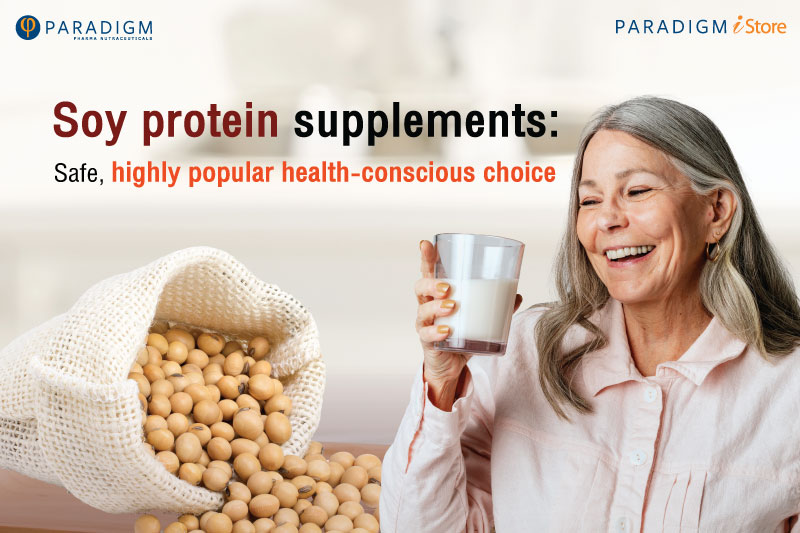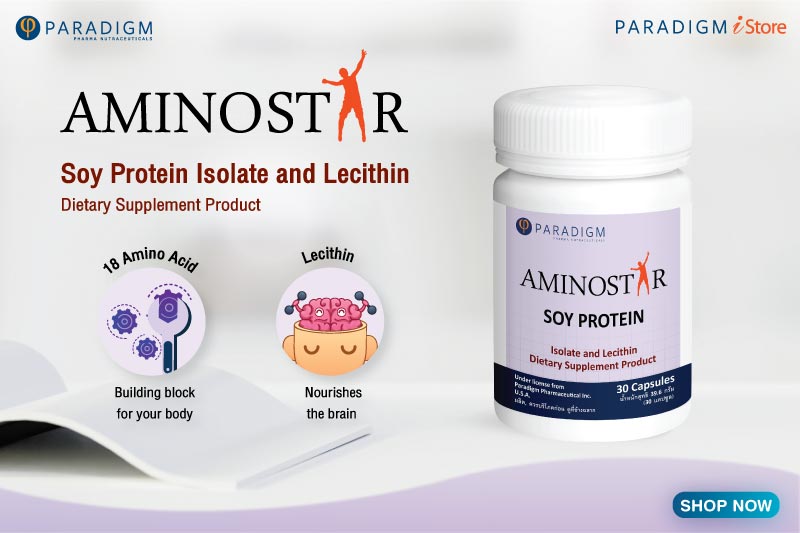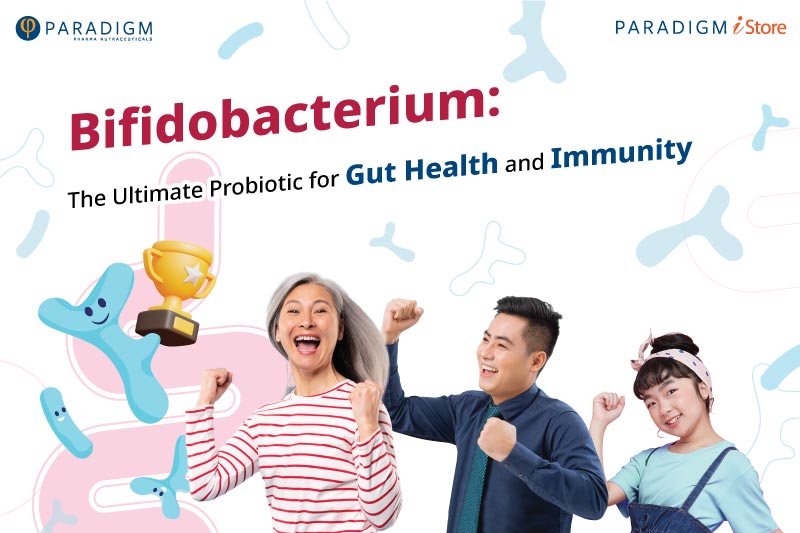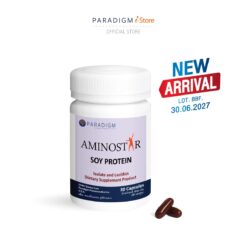Soy protein supplements: Safe, highly popular health-conscious choice.
What is protein and how is it essential for the body?
Protein is a vital nutrient for the growth and development of the body. No other nutrients can replace it. It is responsible for building muscles and is not readily burned for energy. It supports growth and development, is crucial in the process of tissue building and repair, and plays a significant role in maintaining overall health. The protein you need can be found in foods such as meat, beans, soybeans, milk, eggs, and others. It plays a crucial role in maintaining the balance and health of the body.
The necessary amount of protein is required by the body.
For individuals looking to build muscle while minimizing fat or keeping it at a minimum, it may not be necessary to exercise every day. Daily workouts increase the risk of muscle injury. Therefore, it’s important to get enough protein to support muscle growth, and the required amount varies from person to person. For example:
- The general population needs about 0.8-1 gram of protein per kilogram of body weight per day.
- Those aiming to build muscle require 2-3 grams of protein per kilogram of body weight per day, which is about 2-3 times more than the general population.
Signs and Symptoms of Protein Deficiency
Protein deficiency can have various impacts on the body, including muscle health, immune system function, skin, hair, and mood. Consuming sufficient protein is crucial for maintaining overall health and should be balanced in the diet to prevent deficiencies and associated symptoms such as:
- Muscle loss: Reduction in muscle size and strength.
- Edema: Swelling in the abdomen, legs, feet, and hands due to fluid accumulation.
- Hair, nail, and skin abnormalities: Symptoms like hair loss, thinning hair, brittle nails, and dry skin.
- Fatigue and weakness: Feeling tired and lacking energy, decreased physical performance.
- Increased susceptibility to illness: Higher risk of diseases or infections due to weakened immune system.
- Increased hunger: Feeling hungry frequently and increased appetite.
- Slow wound healing: Wounds take longer than usual to heal and scars form more slowly.
Protein supplements from soybeans
Soybeans are considered one of the top sources of high-quality protein. In addition to providing high protein content, they offer various important benefits due to the presence of isoflavones. Isoflavones have several advantages, including alleviating menopausal symptoms, managing mood swings during adolescence, controlling blood sugar levels in diabetic patients, reducing the risk of cancer, and lowering cholesterol levels to prevent atherosclerosis, which leads to heart disease.
Soybeans contain approximately 35% protein, 45% carbohydrates, and 20% fat, mostly comprising healthy fats. Moreover, they are rich in dietary fiber, B vitamins, and essential minerals such as calcium, phosphorus, and iron, which are vital for overall health.
Consuming around 25 grams of soybean protein per day is often recommended to reduce the risk of cardiovascular diseases and lower levels of LDL cholesterol and triglycerides in the blood. Soybean protein is a great dietary option for increasing protein intake and reducing unhealthy cholesterol levels in the bloodstream.
Therefore, consuming soybeans offers significant nutritional and health benefits and has the potential to reduce the risk of several major diseases.
Recommendations Soy Protein supplements.
For growth, muscle development, body maintenance, and immune system support.
Aminostar, a protein supplement from soy and lecithin, 30 capsules. The protein capsules consist of 18 types of amino acids for promoting growth, muscle development, body maintenance, and immune system support. They aid in growth in children, repair worn tissues in the elderly, help in muscle building, reduce protein loss from muscle in those fasting to lose weight, and support normal body function.
Reference:
Faculty of Medicine Ramathibodi Hospital
The Heart Foundation of Thailand
PobPad
HelloKhunmor
MGR Online
Ensure









